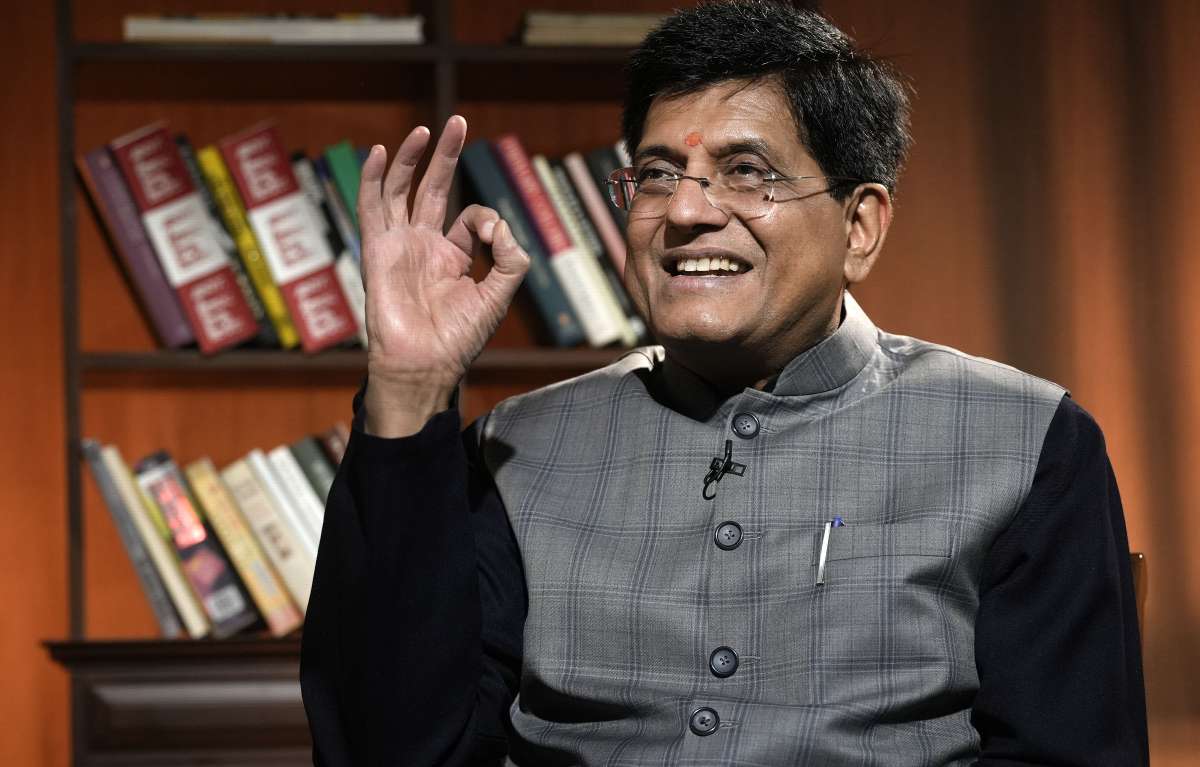Entertainment
India and European Free Trade Association sign deal worth $100 billion after 16 years of negotiations

New Delhi: In a major boost in India’s advancing trade footprints, New Delhi and a trade group of four European nations signed an economic agreement on Sunday. The development came after 16 years of negotiations aimed at increasing trade and investment, said Union Minister for Trade Piyush Goyal. Notably, the two sides began negotiations for a trade treaty in 2008. The deal is a binding agreement for the European Free Trade Association – Switzerland, Norway, Iceland and Liechtenstein – to invest $100 billion over 15 years in the fast-growing market of 1.4 billion people, Goyal said.
“It is a momentous occasion. The signing of the Trade and Economic Partnership Agreement with the European Free Trade Association marks the culmination of nearly 15 years of hard work, tremendous energy, and effort. While we are celebrating 75 years of our partnership, friendship, and diplomatic ties with Switzerland to celebrate such a momentous year with a momentous TEPA makes it double joyful for all of us. Incidentally, today is also the International Day of Awesomeness. What could be more awesome than this?” said Goyal.
With the latest deal signed between India and a bloc of four countries, New Delhi can now access duty-free market access for New Delhi’s animal products, fish, processed food, and vegetable oils.
PM Modi congratulates nations for inking FTA
Meanwhile, Prime Minister Narendra Modi also shared a congratulatory message to India and the four countries involved in the free trade agreement. Calling it one of the most pioneering free trade agreements ever concluded between our countries, PM Modi wrote, “TEPA emphasises our steadfast commitment to shared prosperity and our drive to cultivate a stronger, more inclusive partnership between India and EFTA, furthering the aspirations of our people.” “Despite structural diversities in many aspects, our economies possess complementarities that promise to be a win-win situation for all nations,” he added.
India-EFTA deal
India and EFTA have been negotiating the pact, officially dubbed the Trade and Economic Partnership Agreement (TEPA), since January 2008. Thirteen rounds of talks were held till November 2013 before negotiations were put on hold. Both sides resumed the negotiations in October 2023 and concluded it in a fast-track mode.
EFTA countries are not part of the European Union (EU). It is an inter-governmental organisation for the promotion and intensification of free trade. It was founded as an alternative for states that did not wish to join the European community.
India is negotiating a comprehensive free trade agreement separately with the EU, the 27-nation bloc. India had earlier used the strategy of expediting or fast-tracking FTA negotiations successfully with the UAE and Australia. India-EFTA two-way trade was USD 18.65 billion in 2022-23 compared to USD 27.23 billion in 2021-22. The trade deficit was USD 14.8 billion in the last fiscal.
Switzerland is the largest trading partner of India followed by Norway in the bloc.
What does trade mean for India?
The agreement has 14 chapters, including trade in goods, rules of origin, intellectual property rights (IPRs), trade in services, investment promotion and cooperation, government procurement, technical barriers to trade and trade facilitation.
“EFTA countries gain market access to a major growth market. Our companies strive to diversify their supply chains while rendering them more resilient. India, in return, will attract more foreign investment from EFTA, which will ultimately translate into an increase in good jobs…All in all, the TEPA will allow us to make better use of our economic potential and create additional opportunities for both India and the EFTA States,” Federal Councillor Guy Parmelin, speaking on behalf of the EFTA Member States, said.
Under free trade pacts, two trading partners significantly reduce or eliminate customs duties on the maximum number of goods traded between them, besides easing norms to promote trade in services and investments.
(With inputs from agencies)




